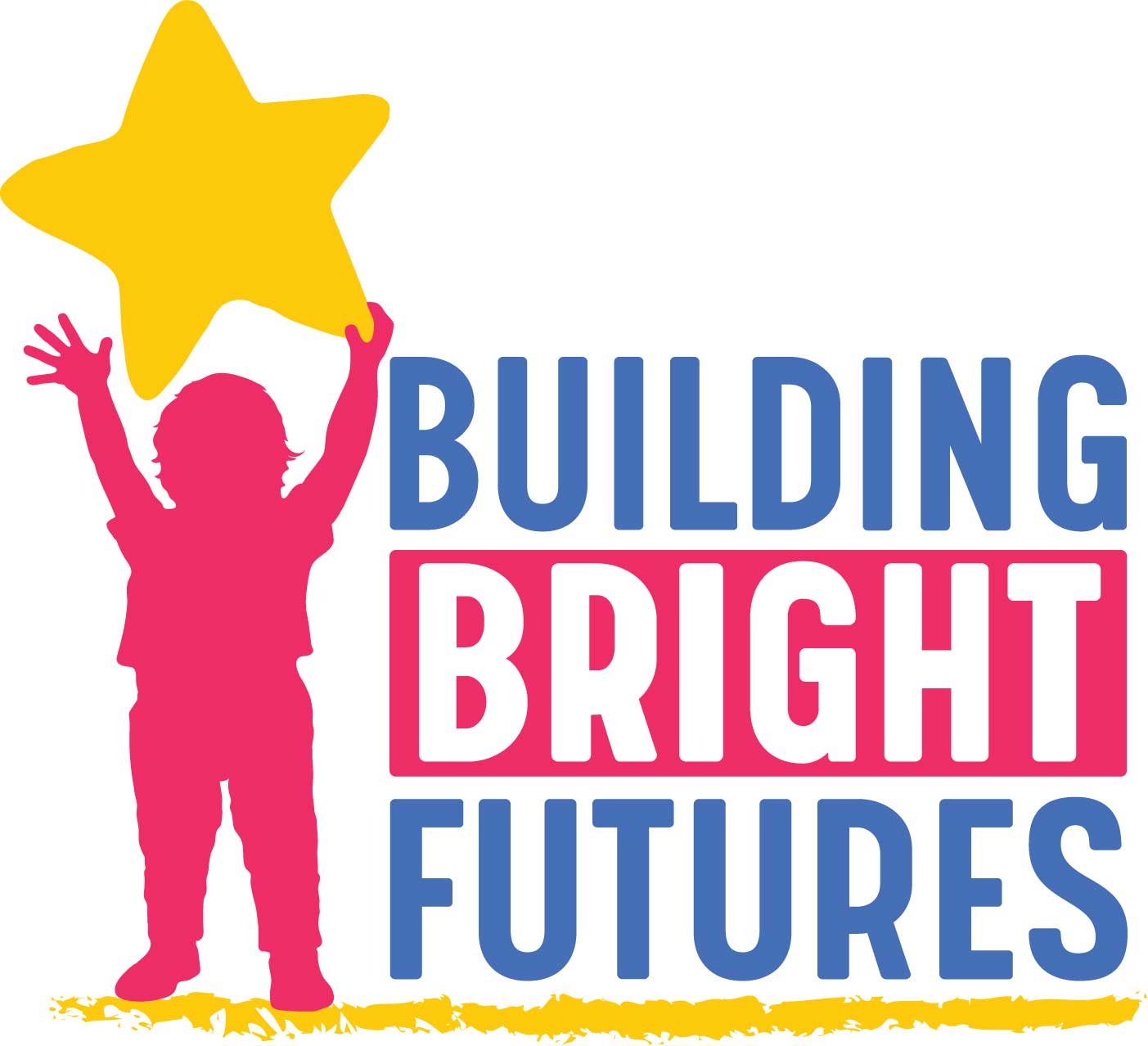Dear Vermont’s Early Childhood Community,
I have never been more proud to be a Vermonter. The COVID-19 pandemic has challenged the strength and resilience of families, communities, and Vermont’s early childhood system to be nimble in a rapidly changing world. Vermonters are having to do more with less, which isn’t new for the early childhood community. For those already struggling, this sustained emergency has widened gaps for families across all systems including access to housing, healthcare, transportation, income, child care and mental health services. These inequities are greatest for children and families of color, those for whom English is a second language, those with lesser incomes, children with special health care needs and those in more rural areas. There truly is no area that the COVID-19 pandemic has not touched for children and families.
But there is a silver lining. Vermont’s early childhood community has stepped up in essential ways to meet the needs of children and families since the start of this public health crisis despite uncertainty and disruption to routines such as in their jobs, schools and child care. Everywhere I look, there is innovation; there is strategy in quickly identifying gaps and responding to fill the need; there are stronger partnerships across sectors; there are helpers doing what they do best. Here are a few amazing ways Vermont is leading the way. Did you know that:
- Vermont’s children and families have managed stress and demonstrated resilience by connecting virtually, sharing resources, setting up peer support groups, caring for each other by providing meals, masks, grocery pick ups and more.
- Vermont’s successful response to COVID-19 is due to leadership and integration. Vermont is one of the only states in the country who has leaned heavily on, and integrated the expertise of our Maternal and Child Health experts in emergency response.
- Vermont has prioritized the stability of the early childhood system by infusing over $50 million dollars since the state of emergency was first declared.
- Vermont has recognized child care as essential to both meeting the developmental and educational needs of children AND ensuring economic vitality in getting parents and caregivers back to work.
- Early educators have developed innovative ways of teaching and supporting the social emotional development and continued learning of Vermont’s children in remote, hybrid, and outdoor settings.
The emergency response has been impressive and yet we know families are still struggling, early childhood professionals are tired, and the prolonged uncertainty is wearing on even the most resilient children. This type of sustained emergency is draining and we look forward to finding relief.

Building Bright Futures’ work in the COVID-19 era
BBF has worked hard to support Vermont’s pandemic response while executing our responsibilities under state and federal statute. Our responsibility is to support communities by identifying their needs, and gaps within the early childhood service system and bringing people together to strategize and take action. Our job is also to make sure all of our different early childhood partners are working together and coordinating to meet the needs of families. Just as important is directly connecting with state agency partners and other decision-makers to clarify the questions, articulate concerns and needs of those on the ground.
Regional Councils have supported the work on the ground and mobilized in creative ways to fill the gaps in basic needs (diapers, wipes, formula, food, clothing), supporting internet connectivity, access to mental health supports and building family and community resilience. Councils have also strategized to support child development virtually or with limited contact, as well as regional solutions to housing. Councils continue to be crucial in elevating regional challenges and successes as well as to distribute information across the community and BBF’s broad range of stakeholders.
The State Advisory Council and Vermont Early Childhood Action Plan Committees developed and adopted a series of 5 recommendations for the state:

BBF recently released two reports that also fulfill key responsibilities mandated by Vermont state statute that inform the current needs of children and families with data to inform vision and strategy for the future through:
-
- The 2020 Early Childhood Needs Assessment: This document is a significant tool for decision makers to use to strengthen the early childhood system by examining the strengths and opportunities for the EC system. The Needs Assessment is full of data to inform program and practice as well as to support grant writing.
- The updated Vermont Early Childhood Action Plan (VECAP) is the state’s early childhood strategic plan for all things serving families prenatal through age eight. BBF completed a 2-year process to update Vermont’s strategic plan for children and families through partnership with over 300 stakeholders. With the publishing of the 2020 VECAP, we ask all Vermonters to affirm this vision by creating positive change in the early childhood system. Together, WE will implement this strategic plan and hold each other accountable to the goals, objectives, strategies and outcomes identified because we believe in it, and commit to the vision outlined.
Be well,

Morgan Crossman, Ph.D., M.A.
Executive Director
Building Bright Futures



